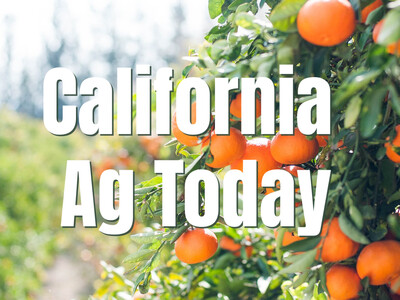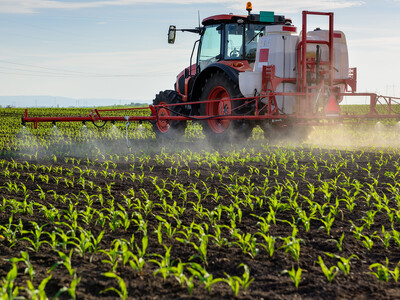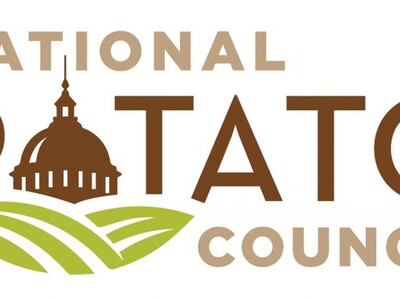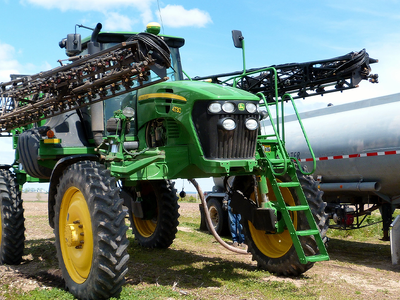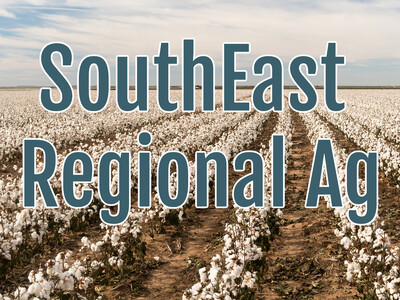Irrigation Technology Adoption

Tim Hammerich
News Reporter
With all the expensive equipment needed to run a successful farming operation, it’s unrealistic for farm technology to require new infrastructure. That’s why Arthur Chen designed Verdi, an irrigation technology company, to use already-existing systems found on-the-farm.
Chen... "They pretty much just need an irrigation system for us to do variable rate on it. And there's actually different stages of automation that we talk to growers about as well. So we typically see that doing variable rate really a stage three, but, you know, once growers use it, they're like, wait, well, it worked at the subfield level. Can I bring this to every other, you know, asset on the farm, like my pumps and my block valves as well? Right, so that's really where we can use this technology and bring the other parts of the farm online and do automation there so that growers can have, you know, level as well as subfield precision of automation."
Chen noted there are three stages of irrigation technology adoption that most farmers go through.
Chen... "So stage one, I think really is when growers just start using, you know, sensors, for example, to collect data on the farm. So they start making more data-driven decisions. Stage two is when they start doing some preliminary forms of control. So like turning on a pump remotely, even, or like turning on a valve, a block valve from their phone, so very simple things. But, I think stage three here then is really, you know, being able to go subfield and control like hundreds of devices in the field with just a few clicks of your finger.
Again that’s CEO of Verdi, Arthur Chen.




